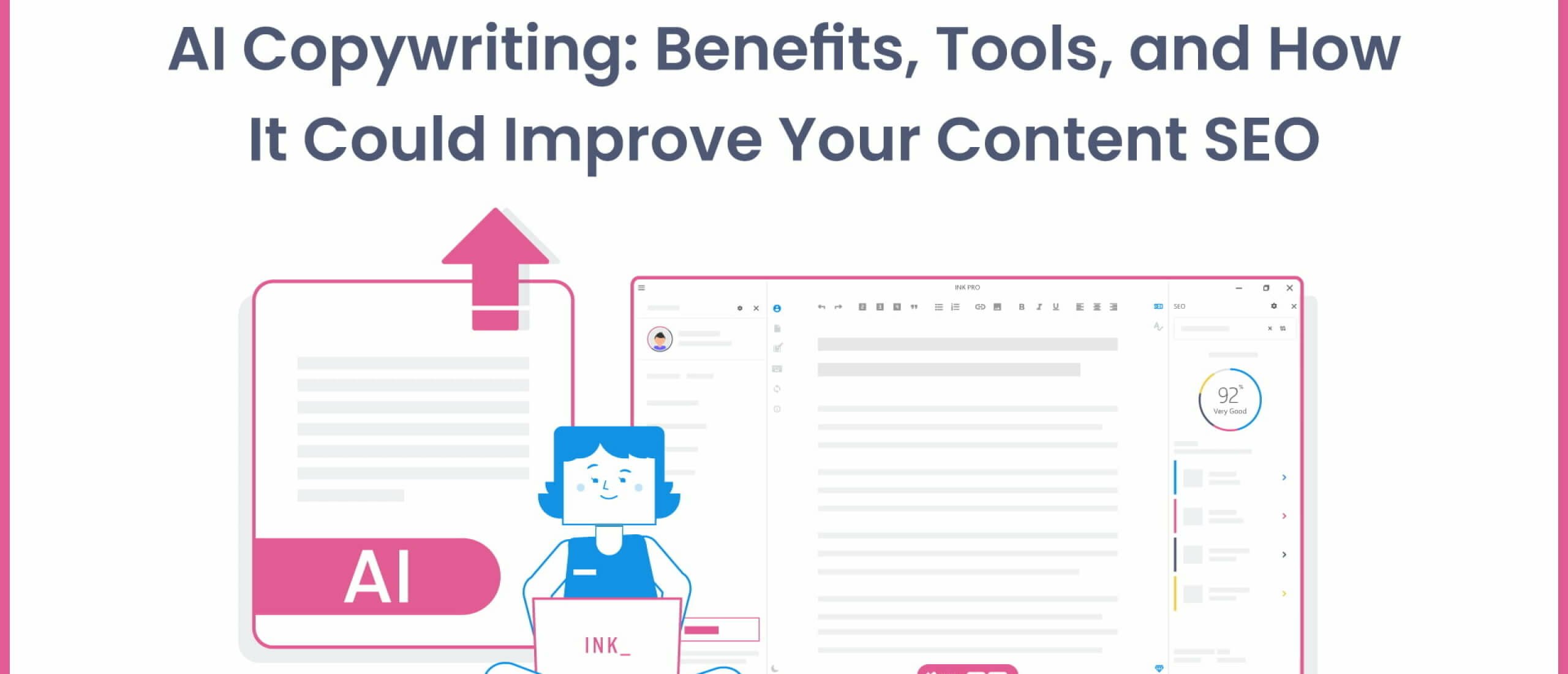Introduction
Definition of AI
Artificial Intelligence (AI) refers to the simulation of human intelligence in machines that are programmed to think and learn like humans. It involves the development of computer systems that can perform tasks that would typically require human intelligence, such as speech recognition, decision-making, problem-solving, and language translation. AI has the potential to revolutionize various industries, including business, by automating processes, improving efficiency, and enabling data-driven decision-making. In the context of businesses, AI can be used to analyze large amounts of data, identify patterns and trends, and make accurate predictions, thereby helping businesses gain valuable insights and make informed decisions.
Importance of AI in business
The importance of AI in business cannot be overstated. AI has revolutionized the way businesses operate, providing them with powerful tools and insights to make informed decisions. With AI, businesses can automate repetitive tasks, improve efficiency, and increase productivity. AI algorithms can analyze vast amounts of data and identify patterns, enabling businesses to gain valuable insights and make data-driven decisions. Additionally, AI can enhance customer experience by personalizing recommendations and providing timely support. Overall, AI has the potential to transform businesses and drive innovation, making it an indispensable tool in today's competitive market.
Overview of AI technologies
AI technologies have revolutionized the way businesses operate. With the advancements in machine learning, natural language processing, and computer vision, businesses can now automate various tasks and processes, improve decision-making, and enhance customer experiences. AI-powered chatbots can provide instant customer support, while predictive analytics can help businesses forecast market trends and optimize their operations. Additionally, AI can assist in data analysis, identifying patterns and anomalies that humans may miss, leading to more accurate insights and predictions. Overall, AI technologies offer businesses a competitive edge by enabling them to streamline their operations, drive innovation, and deliver personalized experiences to their customers.
AI in Business Operations

Automating repetitive tasks
Automating repetitive tasks is one of the key ways that AI can help businesses. By using machine learning algorithms, AI systems can learn from large amounts of data and perform tasks that would otherwise be time-consuming and mundane for humans. This not only increases efficiency but also allows employees to focus on more strategic and creative aspects of their work. For example, AI can automate data entry, customer support, and inventory management, freeing up valuable time for employees to engage in higher-value activities. With AI handling repetitive tasks, businesses can streamline their operations and achieve greater productivity.
Improving efficiency and productivity
Improving efficiency and productivity is one of the key benefits of using AI in businesses. By leveraging AI technologies, companies can automate repetitive tasks, streamline processes, and make data-driven decisions. AI-powered systems can analyze large amounts of data quickly and accurately, enabling businesses to identify patterns, trends, and insights that can lead to more effective decision-making. Additionally, AI can also help businesses optimize resource allocation, minimize errors, and improve overall operational efficiency. With AI, businesses can achieve higher levels of productivity, reduce costs, and gain a competitive edge in the market.
Enhancing decision-making processes
Enhancing decision-making processes is one of the key ways that AI can help businesses. With the vast amount of data available to organizations, AI algorithms can analyze and interpret this data to provide valuable insights and recommendations. By leveraging AI technology, businesses can make more informed and data-driven decisions, leading to improved efficiency and effectiveness. AI can also help businesses identify patterns and trends in data that may not be apparent to human analysts, enabling them to uncover hidden opportunities and mitigate risks. Overall, AI has the potential to revolutionize decision-making processes and empower businesses to make smarter choices.
AI in Customer Service
Chatbots and virtual assistants
Chatbots and virtual assistants have become increasingly popular in the business world. These AI-powered tools provide businesses with a cost-effective and efficient way to engage with customers and provide support. Chatbots can handle basic customer inquiries, freeing up human resources to focus on more complex tasks. Virtual assistants, on the other hand, can assist with a wide range of tasks, such as scheduling appointments, managing calendars, and even making purchases. By utilizing AI technology, businesses can improve their customer service, streamline operations, and ultimately enhance their overall productivity and profitability.
Personalized customer experiences
Personalized customer experiences are becoming increasingly important in today's digital age. With the advancements in AI technology, businesses now have the ability to analyze large amounts of customer data and create tailored experiences for each individual. AI algorithms can track customer preferences, behaviors, and purchase history to provide personalized recommendations, offers, and promotions. This not only enhances the customer's overall experience but also increases customer satisfaction and loyalty. By leveraging AI, businesses can deliver targeted marketing campaigns, improve customer engagement, and ultimately drive revenue growth. In addition, AI-powered chatbots and virtual assistants can provide instant and personalized support to customers, enhancing the overall customer service experience. With the power of AI, businesses can truly understand and cater to the unique needs and preferences of their customers, leading to improved customer retention and business success.
Predictive customer analytics
Predictive customer analytics is a powerful application of AI that enables businesses to gain valuable insights into their customers' behavior and preferences. By analyzing large amounts of data, AI algorithms can identify patterns and trends that can help businesses predict customer behavior, such as purchasing decisions and product preferences. This information can be used to personalize marketing strategies, improve customer satisfaction, and ultimately drive sales. With predictive customer analytics, businesses can make more informed decisions and stay ahead of the competition in today's data-driven marketplace.
AI in Marketing and Sales

Targeted advertising
Targeted advertising is one of the key areas where AI can greatly benefit businesses. By leveraging AI algorithms, businesses can analyze large amounts of customer data to understand their preferences, interests, and buying behavior. This enables businesses to create personalized advertisements that are highly relevant to individual customers, increasing the chances of conversion and sales. AI can also help businesses identify potential customers who are more likely to be interested in their products or services, allowing for more effective targeting and resource allocation. Overall, AI-powered targeted advertising can significantly enhance the efficiency and effectiveness of marketing campaigns, helping businesses reach their target audience with the right message at the right time.
Sales forecasting and lead generation
Sales forecasting and lead generation are two key areas where AI can significantly help businesses. With the power of machine learning algorithms, AI can analyze historical sales data, market trends, and customer behavior to accurately predict future sales and identify potential leads. This enables businesses to make informed decisions, optimize their sales strategies, and allocate resources effectively. AI can also automate lead generation by analyzing customer data, identifying patterns, and targeting potential customers with personalized marketing campaigns. By leveraging AI in sales forecasting and lead generation, businesses can enhance their competitiveness, increase revenue, and drive growth.
Customer segmentation and profiling
Customer segmentation and profiling is one of the key areas where AI can greatly benefit businesses. By leveraging AI technologies, businesses can analyze vast amounts of customer data and identify distinct segments based on various attributes such as demographics, behaviors, and preferences. This enables businesses to gain a deeper understanding of their customers and tailor their marketing strategies and product offerings to specific segments. AI algorithms can also help businesses create customer profiles by predicting individual preferences and behaviors, allowing them to personalize their interactions and provide targeted recommendations. Ultimately, AI-powered customer segmentation and profiling can lead to improved customer satisfaction, increased sales, and enhanced overall business performance.
AI in Supply Chain Management

Demand forecasting and inventory management
Demand forecasting and inventory management are two critical areas where AI can greatly benefit businesses. By analyzing historical sales data, market trends, and external factors such as weather and holidays, AI algorithms can accurately predict future demand for products or services. This allows businesses to optimize their inventory levels, ensure timely replenishment, and avoid stockouts or overstocking. AI-powered demand forecasting also helps businesses minimize costs by reducing excess inventory and improving cash flow. Furthermore, AI can identify patterns and anomalies in customer behavior, enabling businesses to make data-driven decisions and adjust their inventory management strategies accordingly. Overall, leveraging AI in demand forecasting and inventory management can lead to improved operational efficiency, increased customer satisfaction, and ultimately, higher profitability for businesses.
Optimizing logistics and transportation
AI has the potential to greatly optimize logistics and transportation for businesses. With advanced algorithms and machine learning capabilities, AI can analyze vast amounts of data and identify patterns and trends that humans may not be able to detect. This enables businesses to make more accurate predictions and decisions regarding inventory management, route optimization, and supply chain efficiency. Additionally, AI-powered systems can automate various tasks, such as scheduling and tracking shipments, reducing human error and improving overall operational efficiency. By harnessing the power of AI, businesses can streamline their logistics and transportation processes, resulting in cost savings, improved customer satisfaction, and a competitive edge in the market.
Predictive maintenance
Predictive maintenance is a revolutionary application of AI that has the potential to greatly benefit businesses. By utilizing advanced algorithms and machine learning techniques, AI can analyze vast amounts of data to predict when equipment or machinery is likely to fail. This proactive approach allows businesses to schedule maintenance and repairs in advance, reducing downtime and minimizing costly breakdowns. With predictive maintenance, businesses can optimize their operations, improve efficiency, and ultimately save both time and money. The use of AI in predictive maintenance is rapidly growing across industries, from manufacturing and transportation to healthcare and energy. As businesses continue to embrace AI, the benefits of predictive maintenance will undoubtedly continue to expand.
Challenges and Future Trends

Ethical considerations and bias
When it comes to using AI to help businesses, ethical considerations and bias play a crucial role. As AI systems are trained on vast amounts of data, there is a risk of perpetuating existing biases or creating new ones. It is important for businesses to be aware of these potential biases and take steps to mitigate them. This includes ensuring diverse and representative training data, regularly auditing and testing AI systems for bias, and implementing transparent and explainable algorithms. Additionally, businesses should prioritize ethical considerations such as privacy, security, and fairness when deploying AI solutions. By addressing these ethical considerations and actively working to minimize bias, businesses can harness the power of AI while ensuring that it benefits all stakeholders.
Data privacy and security
Data privacy and security are crucial aspects when it comes to utilizing AI in businesses. As AI systems rely heavily on data, it is essential to ensure that this data is protected from unauthorized access or misuse. Businesses must implement robust security measures, such as encryption and access controls, to safeguard sensitive information. Additionally, they should adhere to strict privacy regulations and guidelines to maintain customer trust and comply with legal requirements. By prioritizing data privacy and security, businesses can leverage AI technology confidently, knowing that their data is well-protected.
Integration with existing systems
Integration with existing systems is a crucial aspect of leveraging AI to help businesses. By seamlessly integrating AI technologies into their existing systems, businesses can unlock a wide range of benefits. For example, AI can enhance the efficiency and accuracy of data analysis, enabling businesses to make more informed decisions. Additionally, AI can automate repetitive tasks, freeing up valuable time and resources for employees to focus on more strategic initiatives. Furthermore, integration with existing systems allows businesses to leverage their existing data infrastructure, maximizing the value of their data assets. Overall, integrating AI with existing systems empowers businesses to harness the full potential of AI and drive innovation and growth.
Emerging AI technologies
Emerging AI technologies are revolutionizing the way businesses operate. These advanced technologies, such as machine learning, natural language processing, and computer vision, are enabling businesses to automate processes, make data-driven decisions, and improve customer experiences. With machine learning, businesses can analyze large volumes of data to uncover valuable insights and patterns, while natural language processing allows for more effective communication between humans and machines. Additionally, computer vision technology is transforming industries by enabling machines to interpret and understand visual information. As these AI technologies continue to evolve, businesses can expect to see even greater advancements and opportunities for growth.





